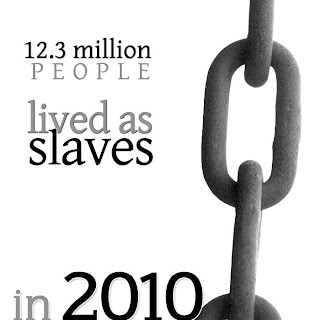 This month, the California Victim Compensation Program (CalVCP) joined with law enforcement and national organizations to observe National Stalking Awareness Month. Stalking isn’t simply unwanted attention; it’s a serious crime that affects an estimated 6.6 million Americans each year. 1 in 6 women and 1 in 19 men become victims of stalking at some point during their lifetime. Victims of stalking may be threatened, fear for their safety and suffer violence as a result of the harassment.
This month, the California Victim Compensation Program (CalVCP) joined with law enforcement and national organizations to observe National Stalking Awareness Month. Stalking isn’t simply unwanted attention; it’s a serious crime that affects an estimated 6.6 million Americans each year. 1 in 6 women and 1 in 19 men become victims of stalking at some point during their lifetime. Victims of stalking may be threatened, fear for their safety and suffer violence as a result of the harassment.
California law defines stalking as willful, malicious and repeated following or harassing, and making a credible threat to the safety of another person. Stalking can include:
- Repeated phone calls or hang-ups
- Unwanted letters, emails, text messages or gifts
- Following you or showing up unexpectedly where you are
- Threatening to harm you, your property, family members or pets
- Using technology to track you or access your records or private information
It’s important to report all incidents of stalking to law enforcement. Don’t downplay stalking incidents; if you feel like you’re unsafe, then you may be in danger.
Contact local law enforcement immediately if you or someone you know is being stalked. Far too often these threats can escalate into physical assault or homicide. Studies have shown that for 76% of women killed by an intimate partner, stalking was a precursor to the violence. It’s important to report all incidents of stalking to law enforcement. Don’t downplay stalking incidents; if you feel like you’re unsafe, then you may be in danger.
Stalking crimes have a large impact on our society and on victims. Victims of stalking usually need ongoing mental health treatment to cope with victimization. Anxiety, insomnia, social dysfunction, and severe depression are much higher among stalking victims. There is help to create a safety plan, get mental health help and begin the recovery process. By raising awareness of stalking, it is our hope that we can help victims to take steps to ensure safety, prevent violence and aid in the recovery process.
Resources for Getting Help!:
- If you’re in immediate danger, call 911
- Contact a local victim advocate:
Victim Witness Assistance Centers in California - Create a safety plan:
The Office of the Attorney General - Financial assistance for crime-related costs:
The California Victim Compensation Program, (CalVCP) - Get a confidential address:
Safe at Home, California Secretary of State - More information on stalking awareness:
the National Center for Victims of Crime’s Stalking Resource Center






